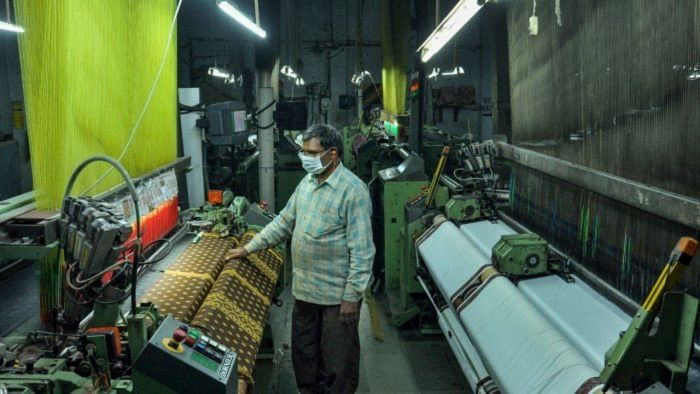
MSMEs are the drivers of growth and reflect the state of the economy. For a sector which employs around 113 million people, sustainability and social responsibility are no longer buzzwords but essentials for the community- connect.
MSMEs are not just economic engines, they are also social entities that have an important role to play in sustainable development. Beyond mere profit-making goals, MSMEs must strive to operate in a way that contributes to the well-being of society and the maintenance of the environment’s delicate balance.
Gender parity in MSMEs is an area which worth looking at. More than 8.5 lakh women-led MSMEs were registered in FY22 on the Udyam Portal – these organisations should receive adequate support, along with entrepreneurs from the marginalised, disabled and remote communities.
The larger question remains though. Can MSMEs balance these seemingly conflicting priorities? Can these organisations, in any way, integrate sustainability and social responsibility into their daily operations?
While there are adequate measures in place today to measure the social and environmental costs and impacts of a business, MSMEs can create structured frameworks to make informed decisions that do not compromise on either short-term profitability or long-term sustainability. For example, a business might invest in energy-efficient technologies or reduce waste in its production process, both of which can reduce costs and improve its environmental performance while also benefiting society.
To have a social and environmental impact by their actions, MSMEs must win the confidence of the communities or regions that they wish to operate in.
MSMEs should also invest in capacity building and training, particularly for small and medium-sized enterprises that may lack the resources or expertise to implement sustainability and social responsibility practices. By providing training and support to their employees, MSMEs can build a culture of sustainability and social responsibility from within.
Small Industries Development Bank of India (SIDBI) and Dun & Bradstreet have signed a MoU to create the SIDBI-D&B Sustainability Perception Index (SIDBI-D&B SPeX). The index, to be released quarterly, will provide a quantitative measurement for policy makers and enablers to nudge businesses towards adopting an ESG framework in their business strategy.
In conclusion, sustainability and social responsibility are no longer optional for MSMEs but critical to their long-term success.
(The writer is CEO TradeIndia.com)